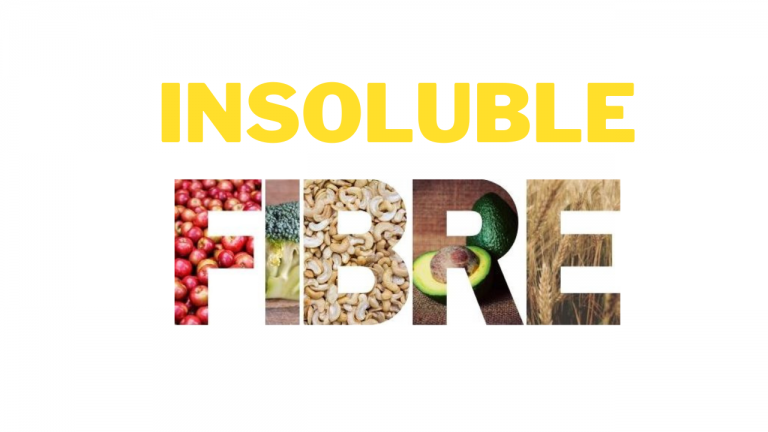Is Basmati Rice Full of Sugar?

No, basmati rice is not inherently full of sugar. Basmati rice is a type of long-grain rice that originates from the Indian subcontinent and is known for its distinctive aroma and flavor. It is a staple food in many South Asian cuisines and is commonly used in a variety of dishes.
Like other types of rice, basmati rice is primarily composed of carbohydrates in the form of starch, which is a complex carbohydrate. Starch is broken down into glucose during digestion, and glucose is a type of sugar that serves as a source of energy for the body.
While basmati rice does contain carbohydrates and provides energy in the form of glucose, it does not contain added sugars. However, it’s important to note that rice, including basmati rice, can still impact blood sugar levels, especially for individuals with diabetes or those who are watching their carbohydrate intake. It’s recommended to consume rice in moderation and as part of a balanced diet, and to consider factors such as portion size, cooking method, and accompanying foods to help manage blood sugar levels effectively.
It’s worth mentioning that basmati rice has a lower glycemic index (GI) compared to some other types of rice, which means it may have a slower and steadier impact on blood sugar levels. However, individual responses to rice and other foods can vary, and it’s always best to consult with a healthcare professional or a registered dietitian for personalized dietary recommendations, especially if you have specific health concerns or dietary restrictions.



